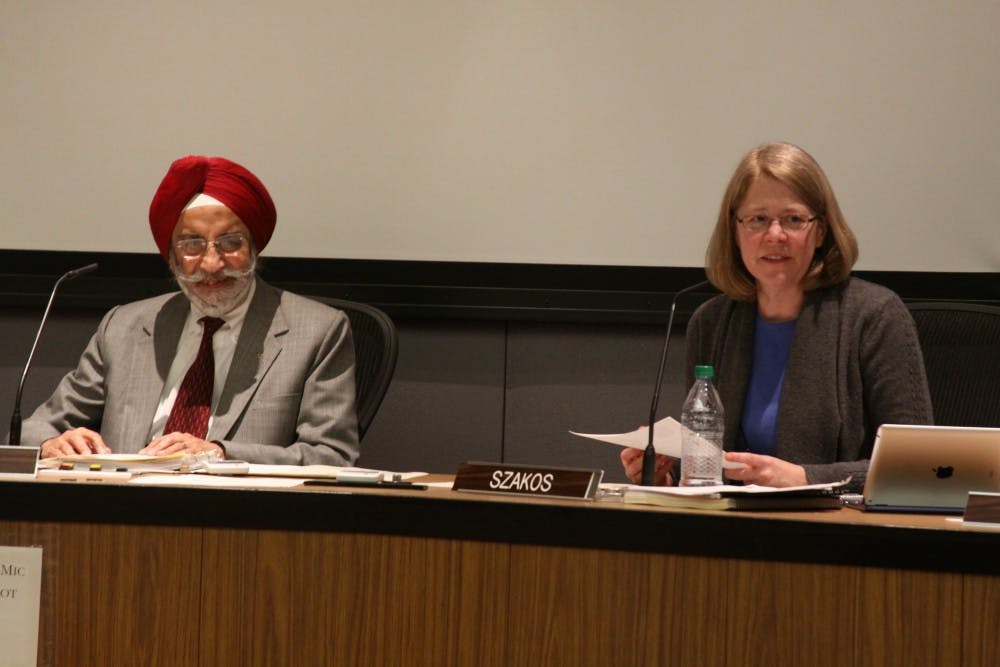The Charlottesville City Council appointed 11 members to the newly formed Human Rights Commission last Monday. Council formed the commission last May to facilitate community dialogue and engagement about eliminating discrimination.
Newly appointed commission member Ann Smith spoke of the importance of changing people’s perceptions on discrimination.
“I do believe that I have been discriminated against,” Smith said. “It’s important to educate others that with such an economically and socially diverse community as Charlottesville, we need to be more conscious of the backgrounds people come from and why they think the way they do.”
Zan Tewksbury, manager of the Office of Human Rights, will conduct preliminary research for and administer the work of the commission. Tewksbury said the three main functions of the commission would be to continue an ongoing dialogue on equity and diversity, research systematic discrimination in the Charlottesville community and investigate individual complaints received by community members.
“If I find there’s probable cause that the human rights ordinance was violated, I will send it on to the commission to decide if it needs to go to a public hearing,” Tewksbury said.
Charlottesville Vice Mayor Kristin Szakos said the council found very strong members to serve on the commission. Szakos said they were looking for members who were interested in the educational aspect of the commission, brought different perspectives and could work well together in a group.
“[We wanted people who] could look at systemic and broad based issues of equity in the community,” Szakos said. “It’s sort of like a puzzle, finding complementary people who can work together.”
Though the members of the Human Rights Commission are unpaid volunteers, the Human Rights Office will serve as the commission’s backbone by collecting data and doing the hands-on work in the community.
“We’re like the workhorse and they’re the riders,” Tewksbury said of the relationship between her office and the commission.
Tewksbury emphasized the need for the commission to reach individuals in the Charlottesville community, unlike state and federal human rights enforcement agencies that typically have limited resources.
“[The Human Rights Commission] is a really landmark thing—we’re very excited to see it moving forward,” Szakos said.







